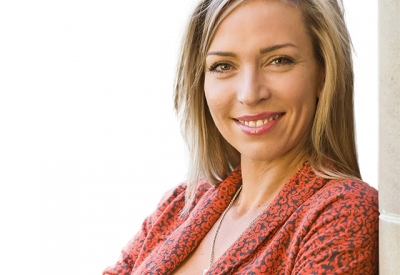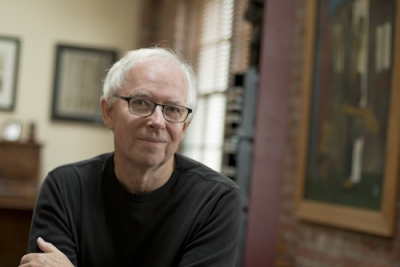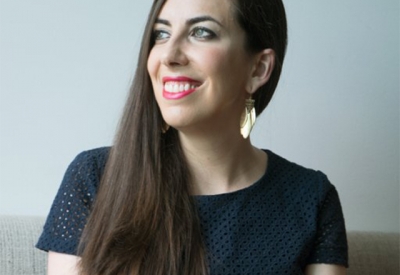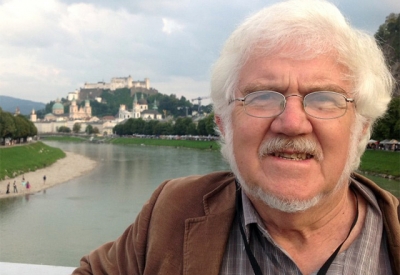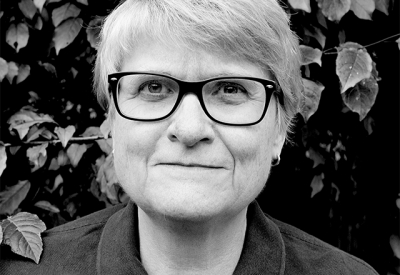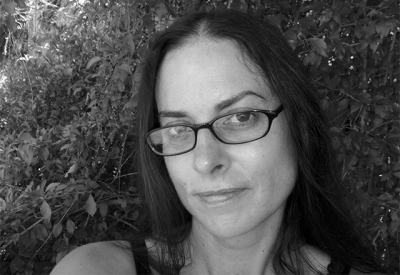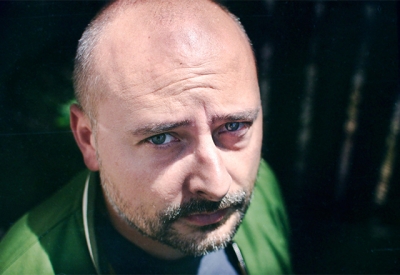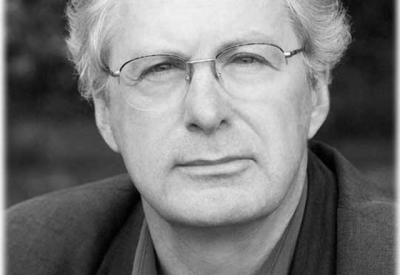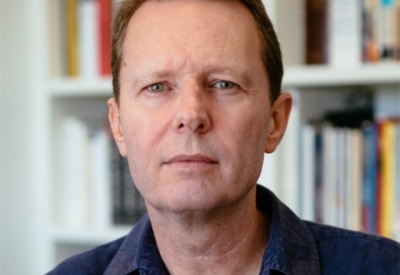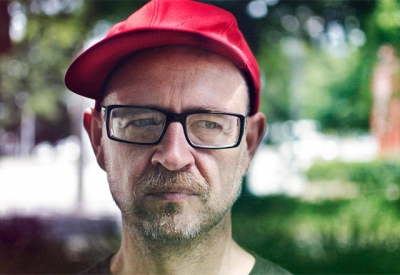Poet of the Month
Which poets have most influenced you? I first fell for the British Romantics: Keats for his sensitivity, and Byron for his humour, both qualities I try to exercise in my own work. Otherwise it’s the Americans of last century: the Moderns, Stevens in particular, and later the West Coast poets. I like to find these poets thinking (and sometimes running) in my poems.
... (read more)Before I knew about poetry it would have been the Grimms, plus Orson Welles reading ‘The Happy Prince’. Then R.A.K. Mason, Carl Sandburg, Robert Creeley – at which point I developed a taste for clunkiness, awkwardness, tonal non sequiturs, all the way from Wyatt, Hardy, and the weirder parts of Browning, to Frank O’Hara and Stevie Smith. My poetry tastes have always been pretty chaotic: in my reading universe, Lorine Niedecker, John Betjeman, Adrienne Rich, and the Beowulf poet all rub along together.
... (read more)My first poetic influences were all American, due to the fact that I spent my critical early reading years in the United States. My poetic imagination is steeped in the disjecta membra of poets like Bishop, Stevens, Bogan, Dickinson, Ammons, Lowell, Moore, Hughes, Rich, and Eliot; I couldn’t erase their presence if I tried. Bishop, in particular, is a poet I never tire of – her forensic eye and tremendous command of the line are extraordinary. Beyond those earliest influences, there are too many poets to begin naming names, for fear of never stopping. Recently, I’ve been blown over by the exquisite, savage poems of Pascale Petit, particularly those in Fauverie.
... (read more)Public oratory and prose fiction both need a significant degree of rhythm, but for almost all poetry (including free verse) rhythm is indispensable. Both genres use the 'sound effects' of assonance, alliteration, etc., but verbal music is more important to poetry than to prose.
... (read more)Poetry is, usually, shorter, and, in many but not all cases, the lines turn. I've become less attached to prose, especially prose that pretends to 'the poetic'. I'd rather read a book that's prosaic, in the true sense, than a 'poetic' novel. Some prose is poetry, of course, but not because it's poetic. I won't even start on hybrid works.
... (read more)Poetry can say anything that prose says, but it has to get there far more quickly and in much less space. I think this sense of spatial, psychological pressure is the main point of difference.
... (read more)I have a host/parasite relationship to my poems, fussing over inspiration until, oftentimes, it decomposes into ruins: host poems. From that non-process, new poems, unique, sprout from the loam, subsuming what 'nutrients' exist and become my better poems. They arrive, and within ten drafts I'm happy.
... (read more)Influence can be overt, deliberate imitation, or more subtle, an absorption one is hardly aware of. I deliberately imitated Dylan Thomas in my adolescence and learned, along with some bad habits, much about formal technique from him – as from Donne, Herbert, Milton, Keats, Yeats, Hardy, Auden, Larkin, Hecht. In the writing of blank verse there is a long line from (dare I say it?) Shakespeare to Wordsworth, Browning, Stevens, Frost. Among Australians, Shaw Neilson, Slessor, Hope, Wright, Harwood, Campbell, Peter Porter.
... (read more)When writing and recording music, I often just start with a technical ‘problem’. (How does parallel compression work? What does this plug-in do?) In contrast, the low-tech and ‘invisible’ nature of writing tends not to engender such creative problem-solving, so I admire those writers, such as John Tranter, who can embrace ‘proceduralist’ strategies.
... (read more)I’m inclined to say poems are triggered, or ‘arrive’, rather than they’re the fruit of inspiration. The poem does have to be written, which is in itself craft. The best poems may need a little tinkering, but on the whole I’d rather not labour away at a sow’s ear. (Though I should say I value a real sow’s ear above a silk purse.)
... (read more)
